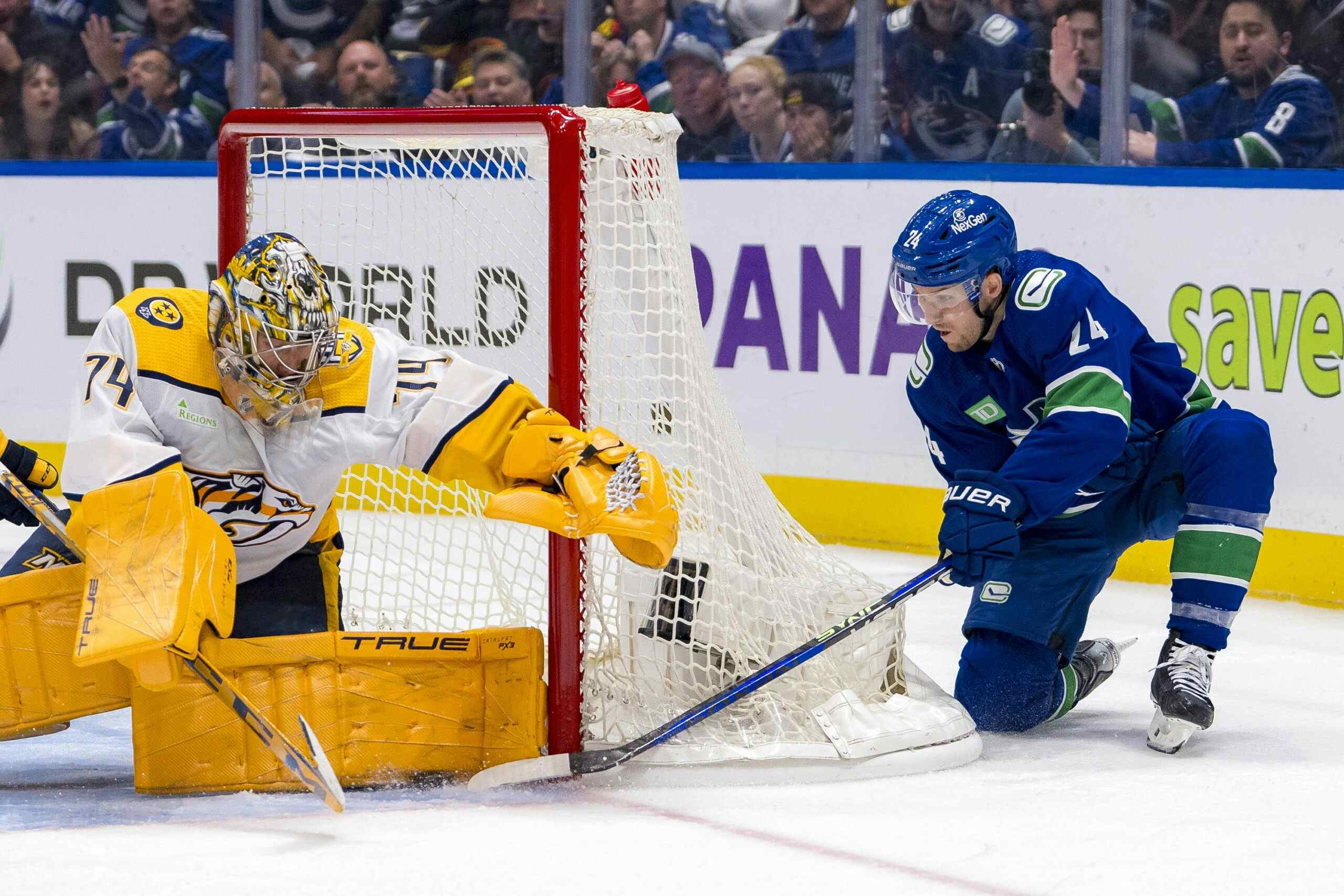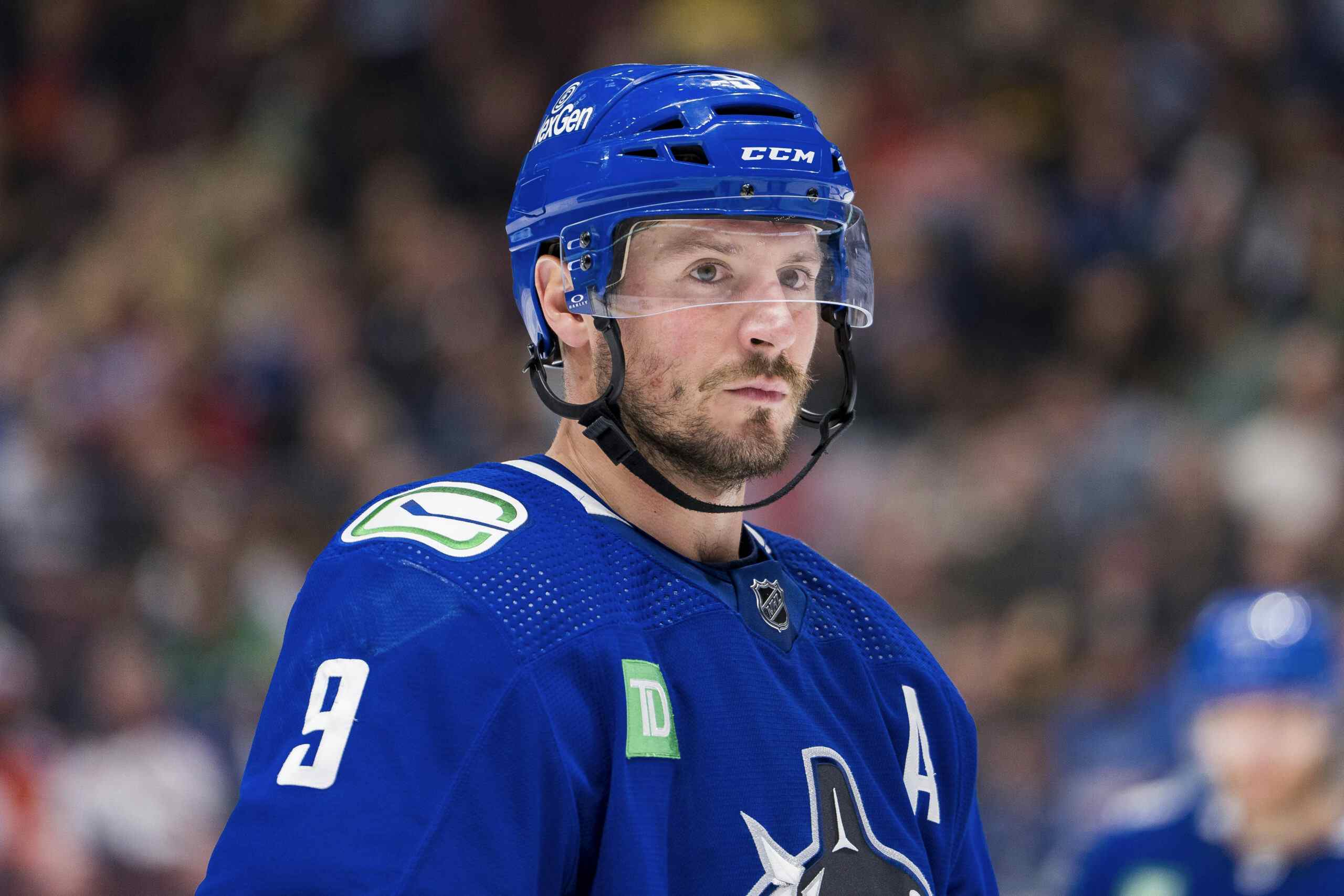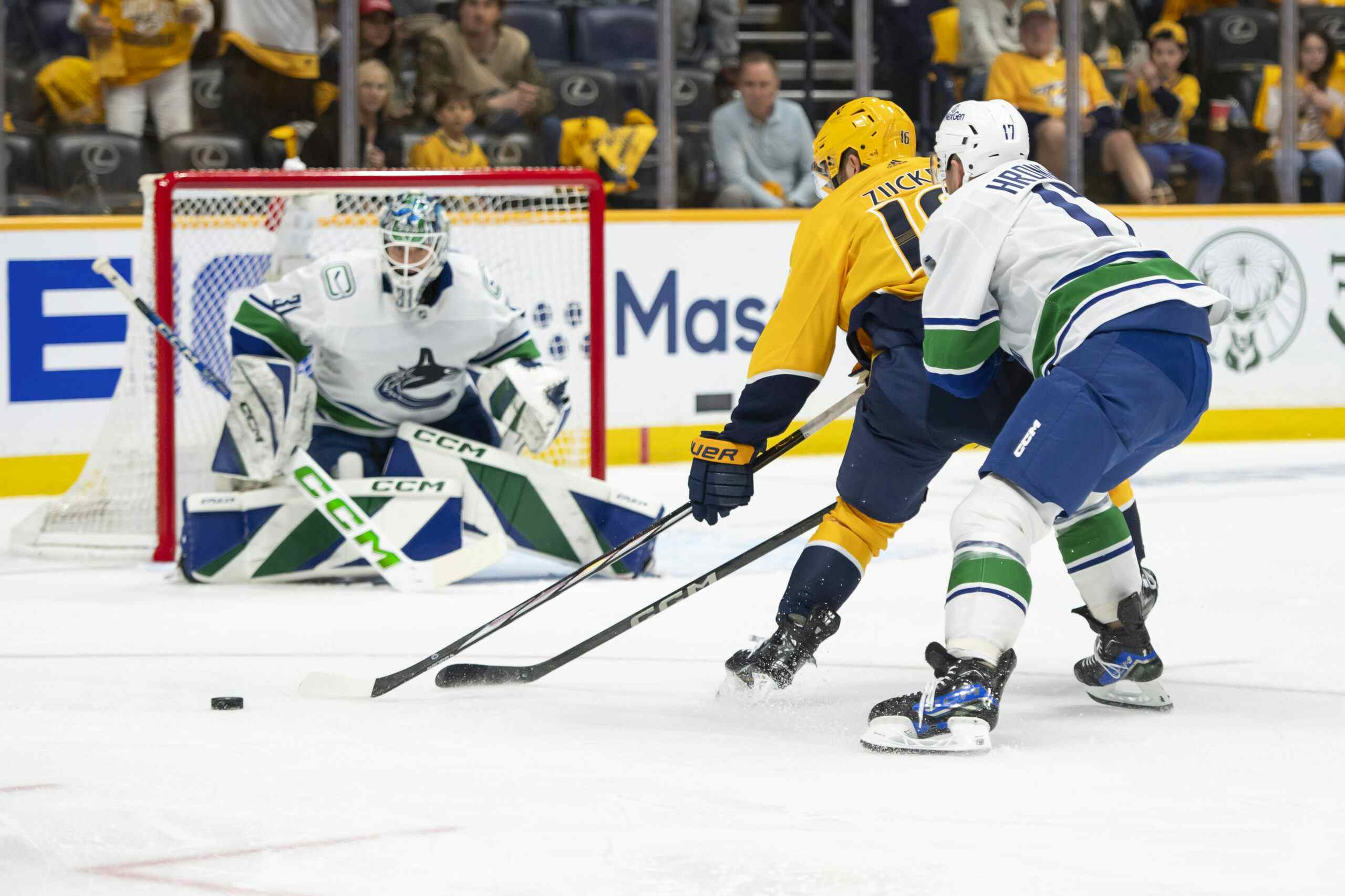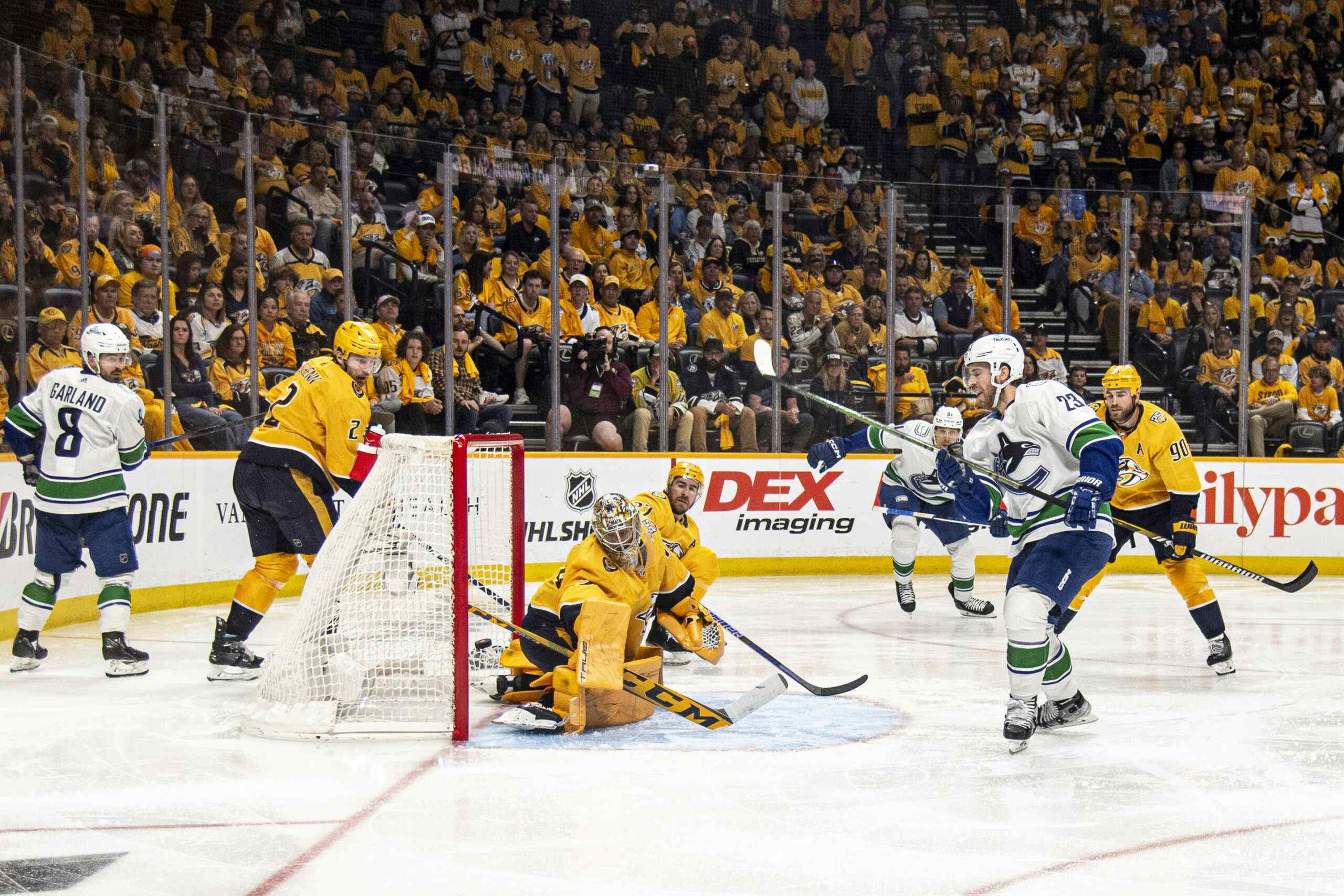Monday Mailbag: Bad Management, Draft Pick Value, and More Mediocrity

4 years ago
To quote a certain former Democratic Party nominee, I feel great! I haven’t come close to running out of things to do. I bought some new recording software that I’m going to learn to use now so my bandmate and I can send files back and forth, I’ve been getting some reading done, and still finding time to inadvertently start massive fights on twitter. The hardest part has been the physical side of things. It’s hard to eat right and exercise when you’re cooped up all day. I’ve also had a hard time staying motivated to actually get constructive things done over this period, but overall, I’ve just been trying to enjoy the break.
I can’t speak for the commenters, though. I stopped reading the comments ages ago.
I’m gonna answer these in bullet format:
- I’ll do basically any podcast appearance I’m invited to do. I don’t think I’ve ever turned down a podcast or radio appearance except due to scheduling conflicts.
- Like I said above, I’ve been doing pretty okay. I live with my fiancée, so luckily I have someone to keep me company.
- I have really never been a gamer at any point in my life, largely because I don’t have a lot of free time, but also because I kind of think too much gaming is really bad for you. We got a Nintendo Switch for Christmas this year, though, so I’ve been playing more lately as a way to kill time and give my brain a break from thinking about the outside world. Breath of the Wild has offered seemingly endless ways to waste time, so I’ve been playing a lot of that.
It depends on what stage the team is at in their life cycle. In a rebuild, making terrible moves often doesn’t matter because losing serves your long-term goals, and as long as you’re there at the end of the year to collect a top-five pick, you’re doing okay. On the other side of things, if a good chunk of your core players and support pieces have already been acquired, you can make some pretty boneheaded moves without anyone noticing for a couple of years. Dale Tallon, who built his reputation mostly off of being very bad and drafting high, is a great example of poor management during a rebuild, while Peter Chiarelli is a great example of a guy with a great team doing everything he can to dismantle it and still winning a Stanley Cup.
On the other hand, if you’re in a position where your team is rounding the corner towards contention or attempting to extend its cup window, poor management can really cost you. Peter Chiarelli is once again a great example. He took a fantastic group of players in Edmonton and turned them into a scrap heap. The Sabres have had a similar problem, trying to take shortcuts to get them back into the playoffs and failing repeatedly. So I guess my answer is that bad management will end up costing you eventually, but weird things can happen over small sample sizes, and that includes winning a Stanley Cup. As you said, hockey is largely luck-based, and sometimes good fortune is really the only thing that matters.
The article you’re referencing is one of my all-time favourites, but unfortunately for you, the Canucks’ scouting department is a lot better than it used to be, so I don’t see that happening anytime soon.
I would assume so. We wanted to get mid-term rankings out but the effort was undone by scheduling issues. Our staff is pretty hollowed out right now because of the pandemic, but hopefully we can figure something out.
The Philadelphia Flyers seem like a good fit for a trade, at least at first glance. They’re cap-strapped, could use a boost in their middle-six, and have a plethora of early-to-mid-twenties defensemen. I don’t know if you could swing Virtanen straight up for Travis Sanheim or Shayne Gostisbehere (who had a down year), but if you throw in a pick, the cap relief might be enough to get a deal done. Of course, the Canucks have their own cap problems to deal with, which makes a trade for a big name less likely, but with the right manoeuvring they could probably make it work.
Luckily, Sportsnet has you covered. Stephen Burtch conducted a study back in 2015 that looked at probability of GP and expected P/GP based on draft slot. As you might expect, value at the top of the draft was high, and dropped off significantly towards the end of the first round.
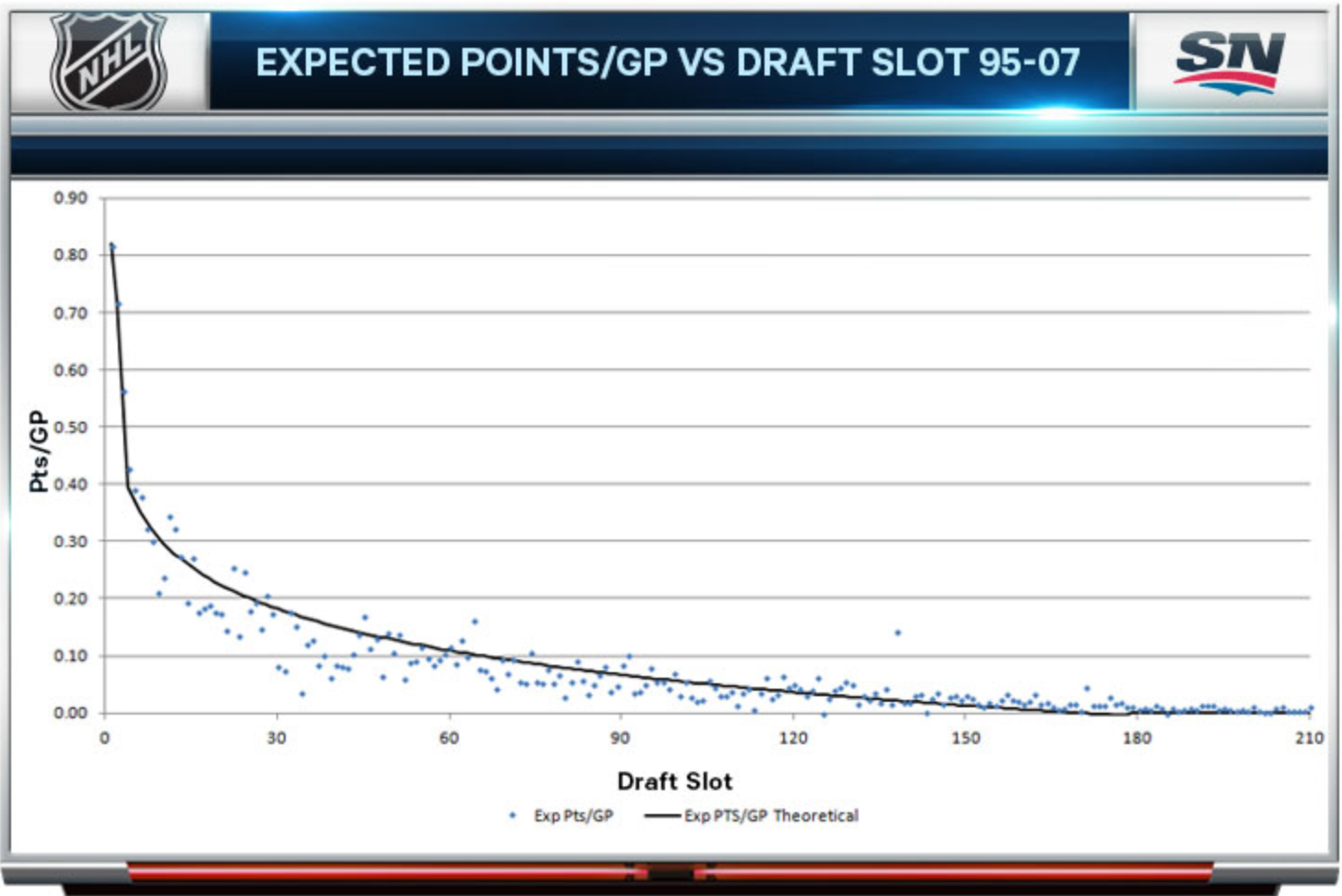
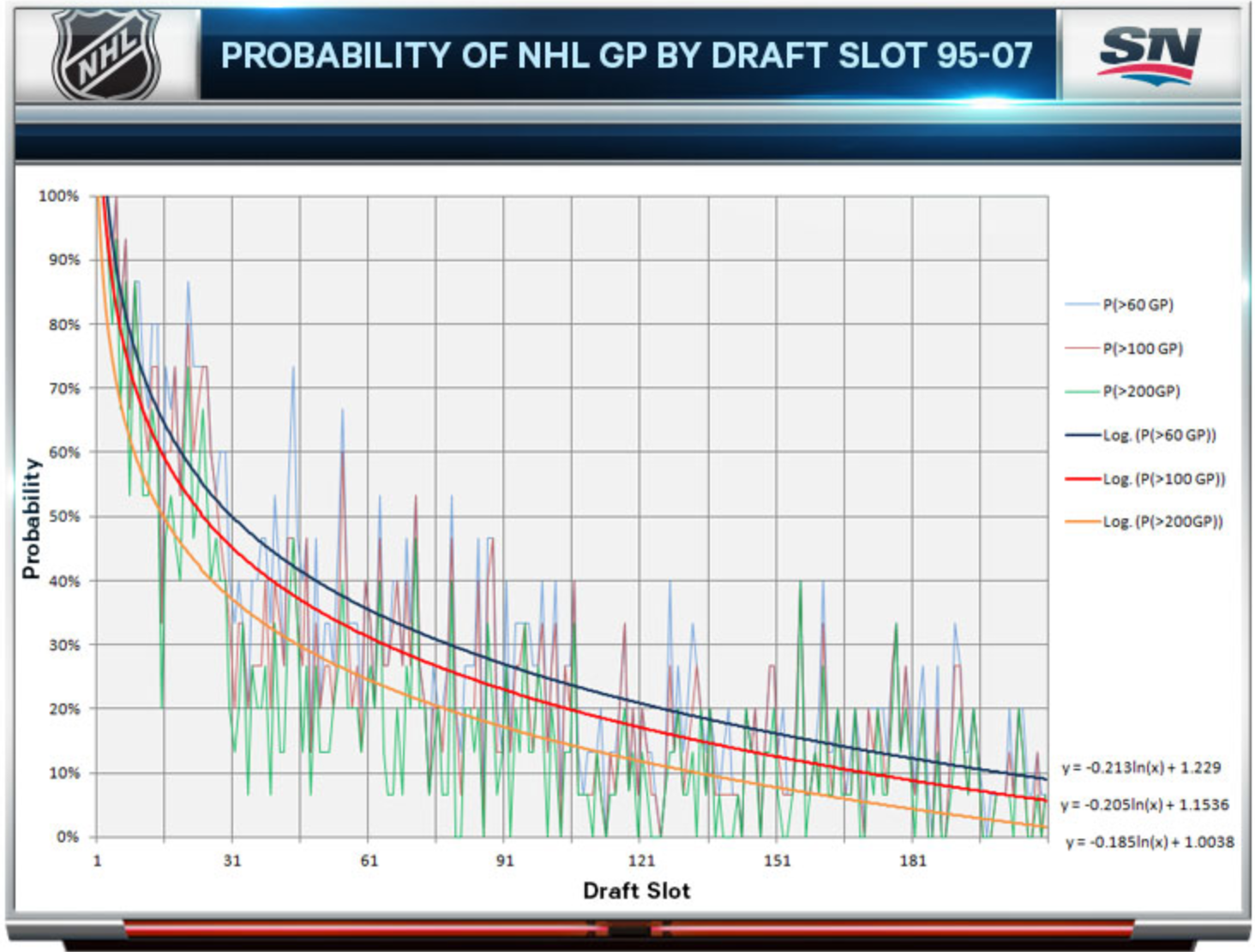
The conventional wisdom when it comes to drafting is that there’s a big drop off after the first pick or two, another significant drop off around between picks 5-10, and that things really start to bleed together towards the end of the first round between picks 20 and 25. I’d caution against following that wisdom too closely, however, as teams have significantly improved their drafting ability in the years following this study. For instance, the vast majority of the players in the 2014 and 2015 drafts have now gotten at least a look at the NHL level, which was not the case even a decade ago.
As far as J.T. Miller is concerned, I think it’s safe to say that, at least this season, he has exceeded the likely value the Canucks would have gotten out of the pick they dealt for him. Obviously, we don’t know if Miller can keep up the level of production we saw from him this year, whether the team will see any major success over the course of his deal, or where that pick is going to end up in the draft, so I’m still waiting patiently to see if the criticisms of the trade at the time still seem valid when these situations are resolved. Regardless, there’s no denying at this point that the deal has worked out as well as it possibly could have, so I’d advise anyone whose job doesn’t rely on analyzing these moves to just enjoy it while it lasts.
The best case scenario would obviously be to find takers for Brandon Sutter or Loui Eriksson (or for the league to offer teams a compliance buyout that could be used on one of these players), but at this point, that seems unlikely. The cap was slated to go up, but the COVID-19 crisis has made that prospect look increasingly far-fetched.
One way or another, they’re going to have to let one of Troy Stecher or Chris Tanev go and hope that they have an in-house replacement. I’d advise them to look at their forward ranks and make a similar decision when it comes to some players in their bottom-six. They shouldn’t be married to any player in their bottom-six at the moment, and if they can find a taker for someone like Antoine Roussel Jay Beagle, they should definitely consider it. I know neither of those players are really the source of the Canucks problems, but they need to shed salary and at some point you have to realize you can only trade players that teams actually want. If you can’t shed Eriksson’s salary, then you have to look elsewhere.
Obviously, the answer to that question is still somewhat up in the air with the NHL season on hold. I don’t really feel comfortable drawing any firm conclusions given the way things have worked out, even if 69 games is a large enough sample. I’ll do my best to answer based on the information we have right now.
At the moment, the Canucks sit 20th overall in the standings, 17th in points percentage (although they’re technically tied with two other teams), and 23rd in shot share and expected goal share. On special teams, they’re much better, ranking 4th overall on the power play and 16th on the penalty kill. They’re also very solid in the goaltending department, ranking 12th overall in all-situations save percentage and 14th at 5-on-5. To add additional context to those goaltending stats, Jacob Markstrom ranks 11th in the league in goals saved above average, and fifth among goalies with over 40 games played.
Based on where the Canucks sit after 69 games, I think we have a pretty good idea of who they are: a poor team at 5-on-5 that’s benefited from solid goaltending and an excellent power play. I’ll leave it up to others to decide whether or not the word “mediocre” is an accurate descriptor for a team like that.


